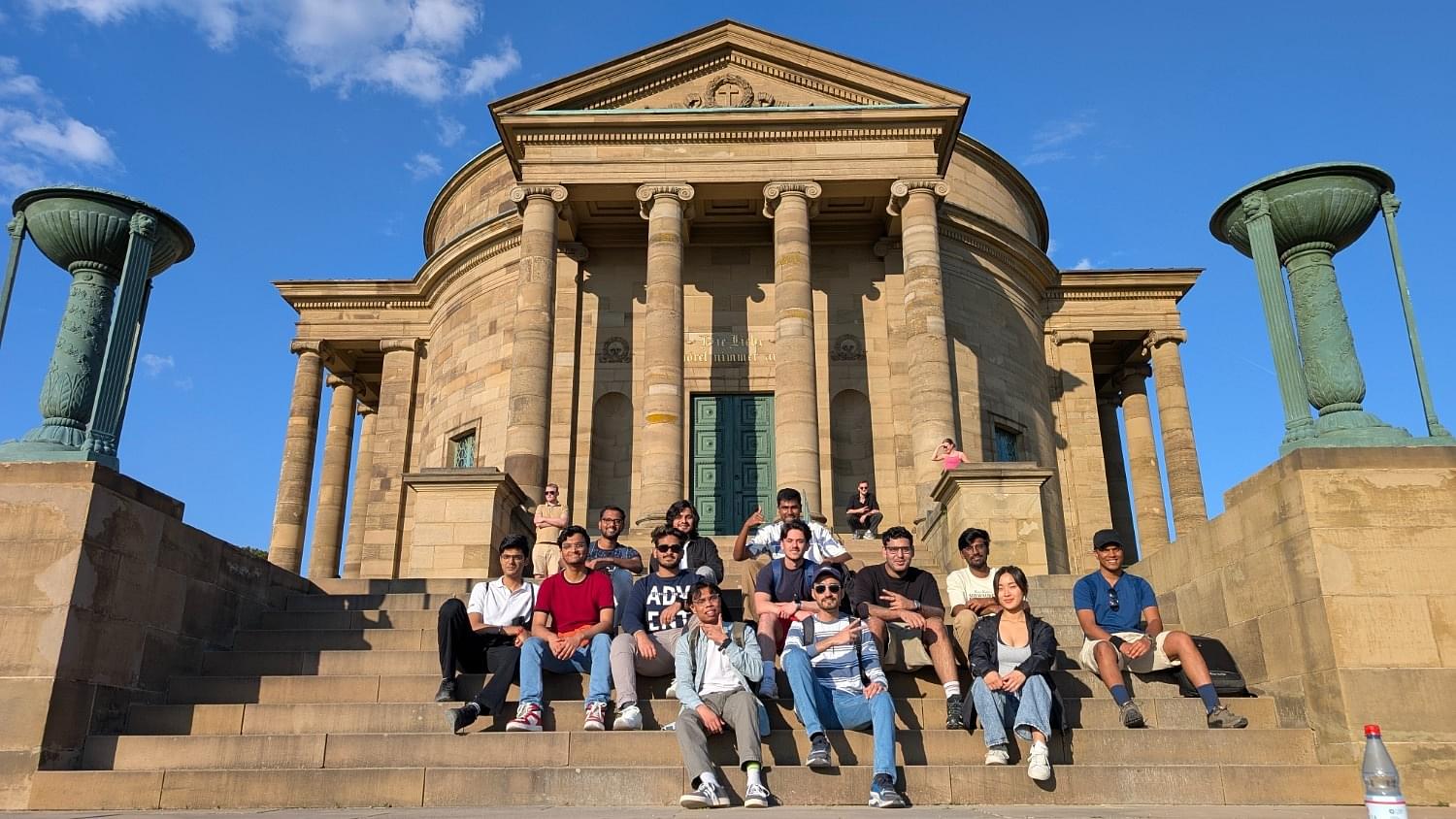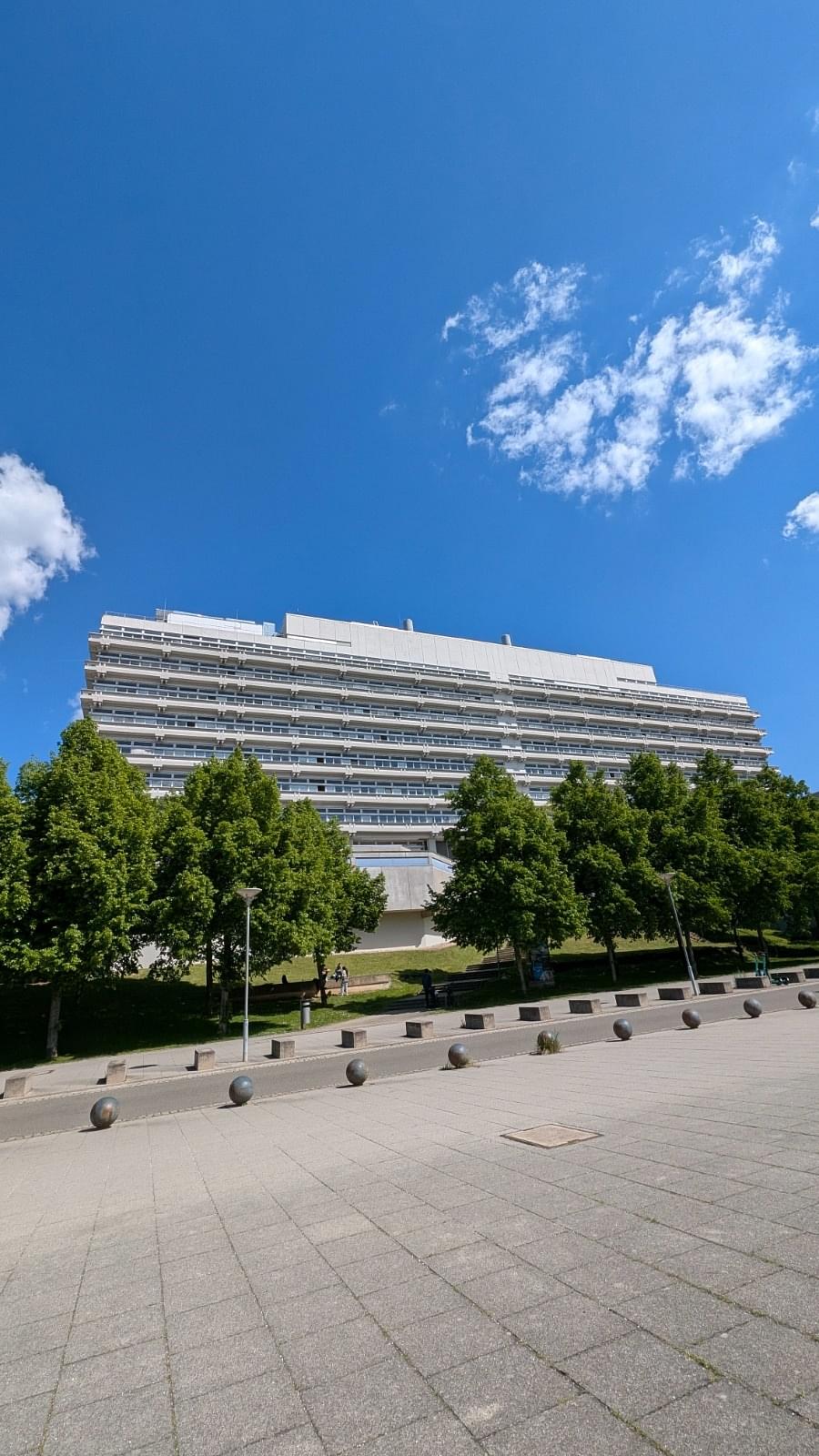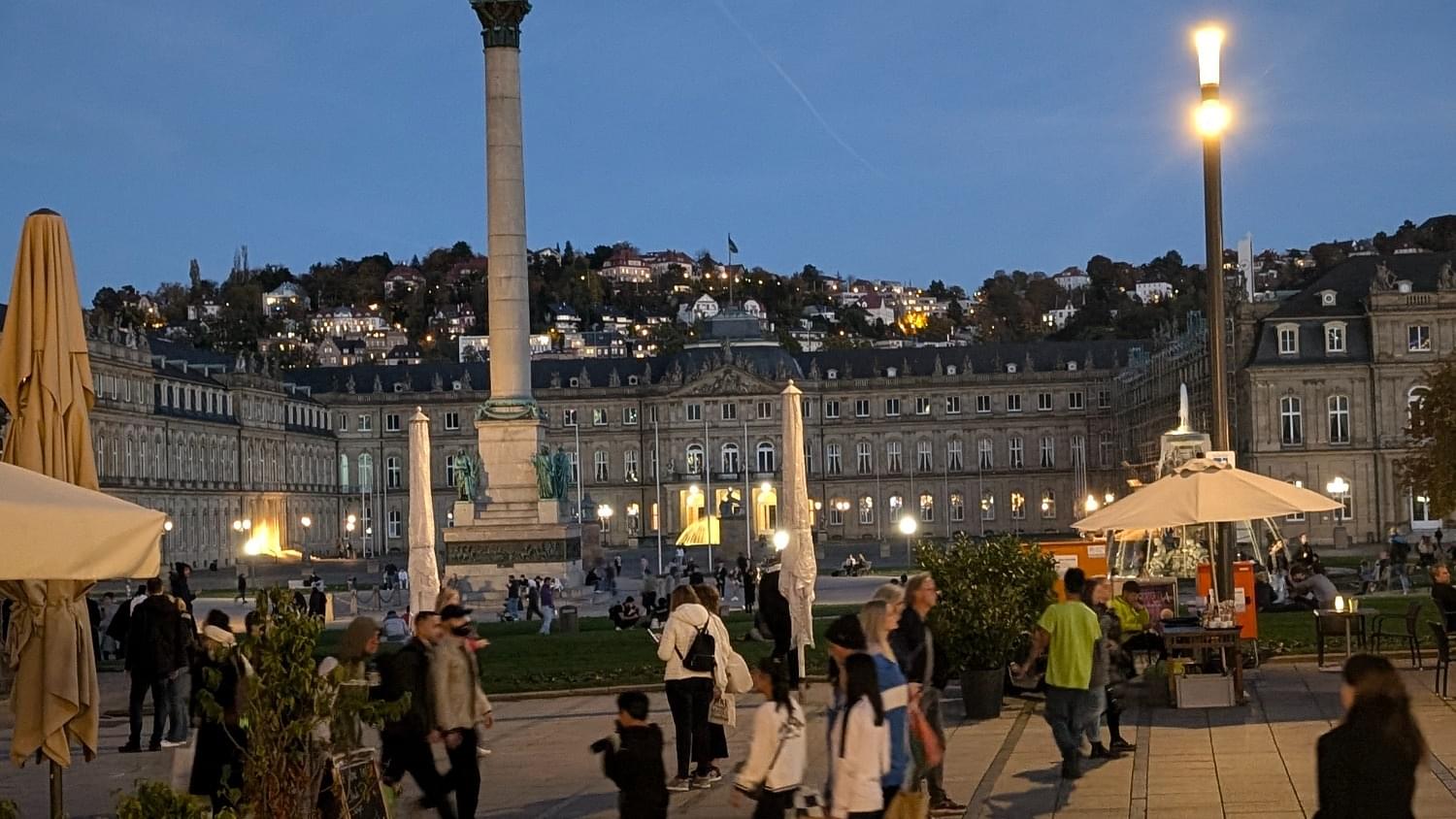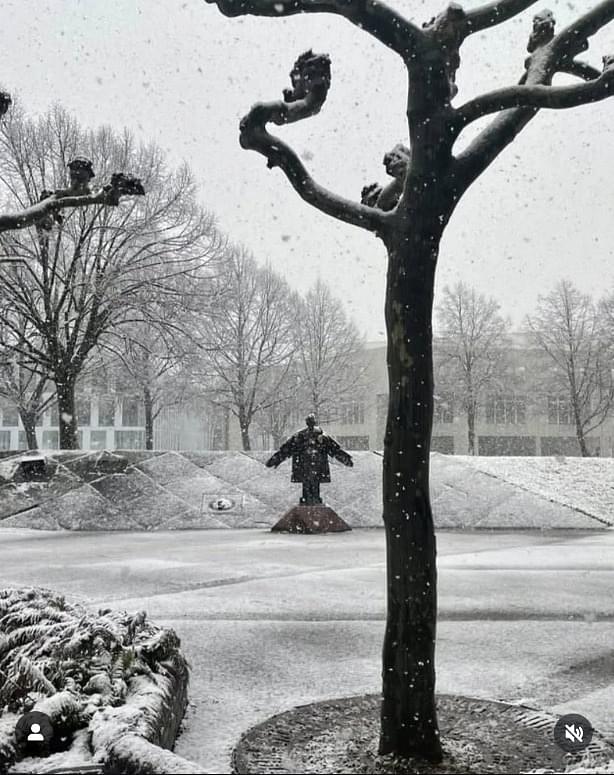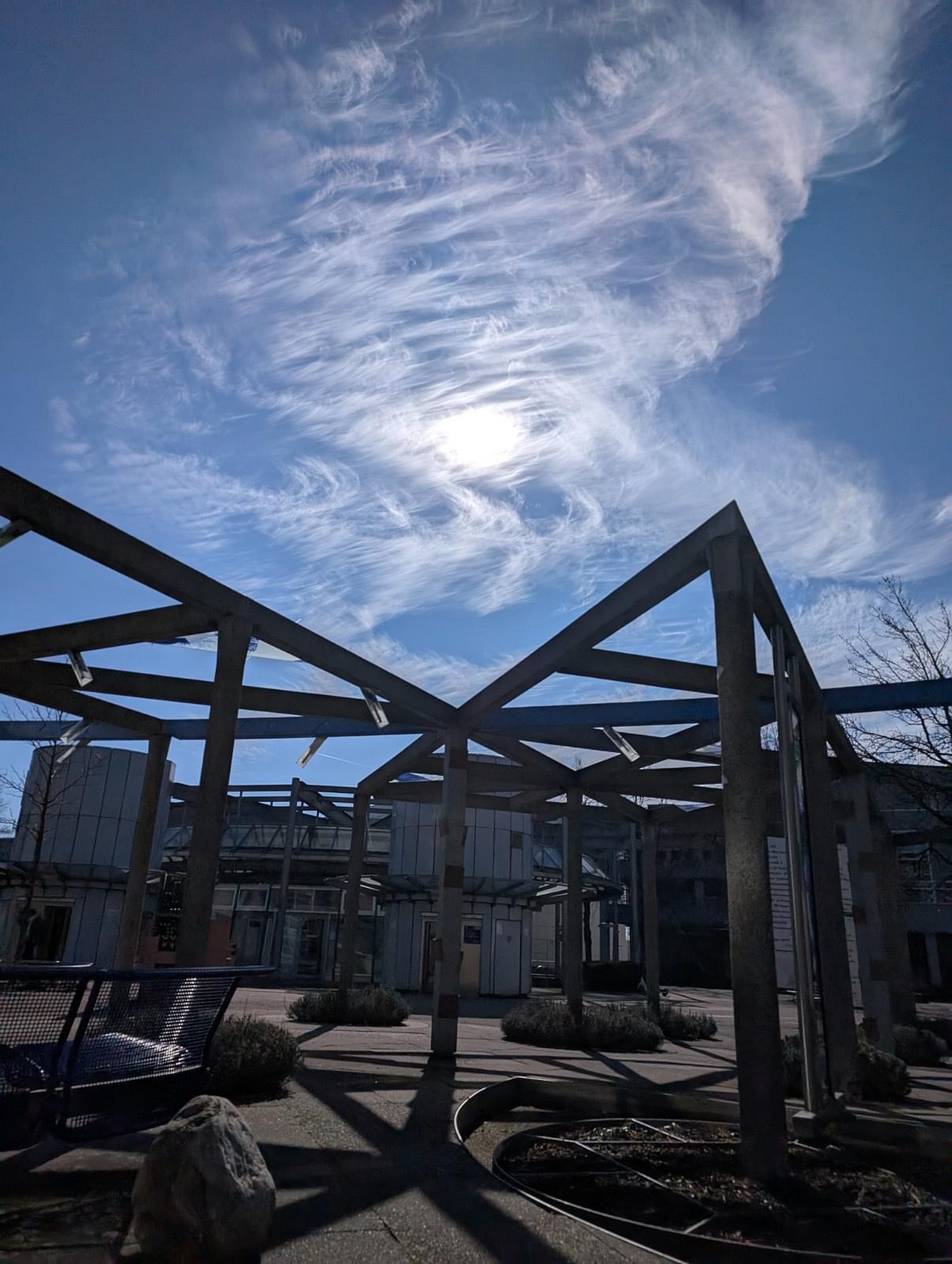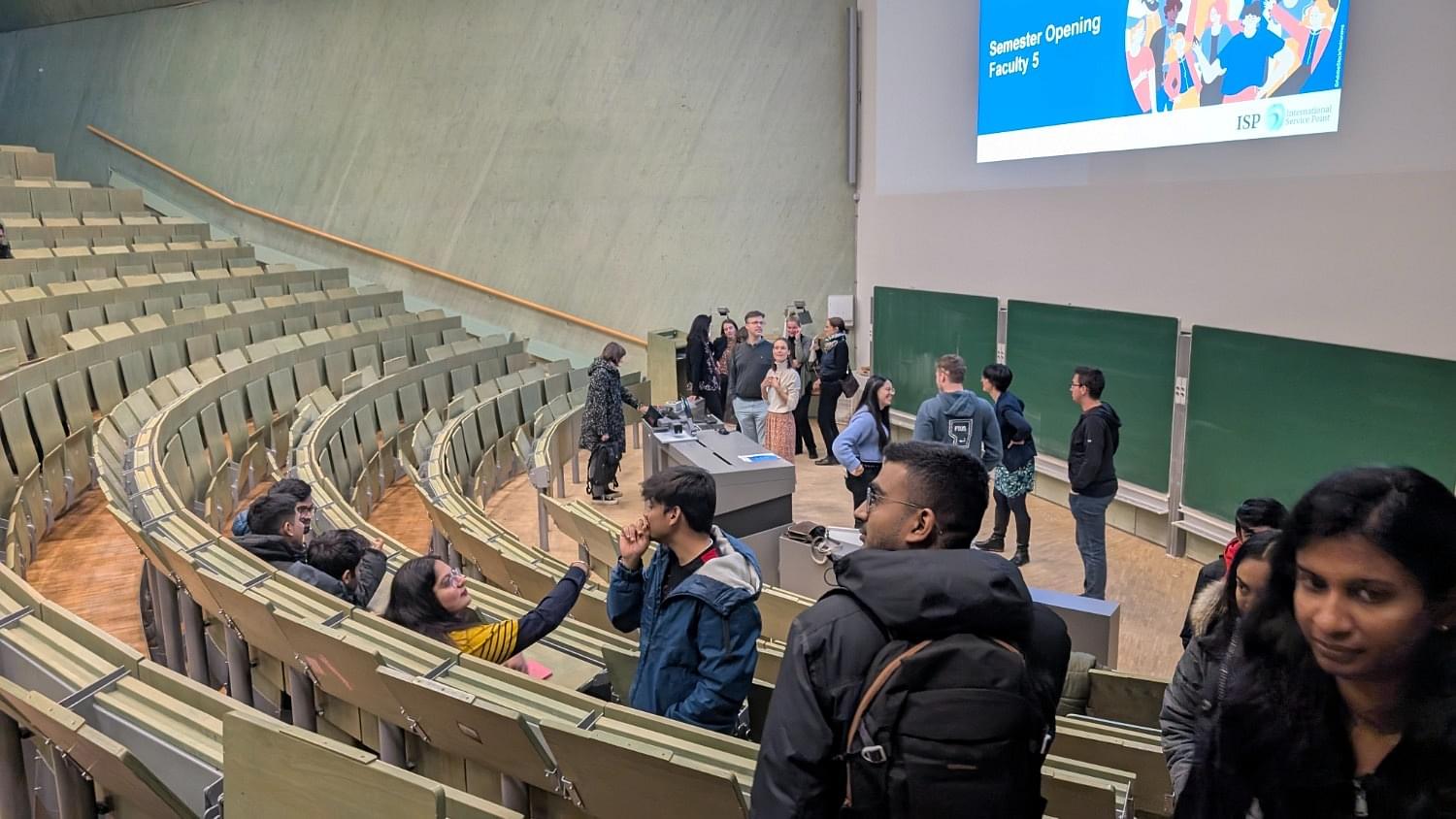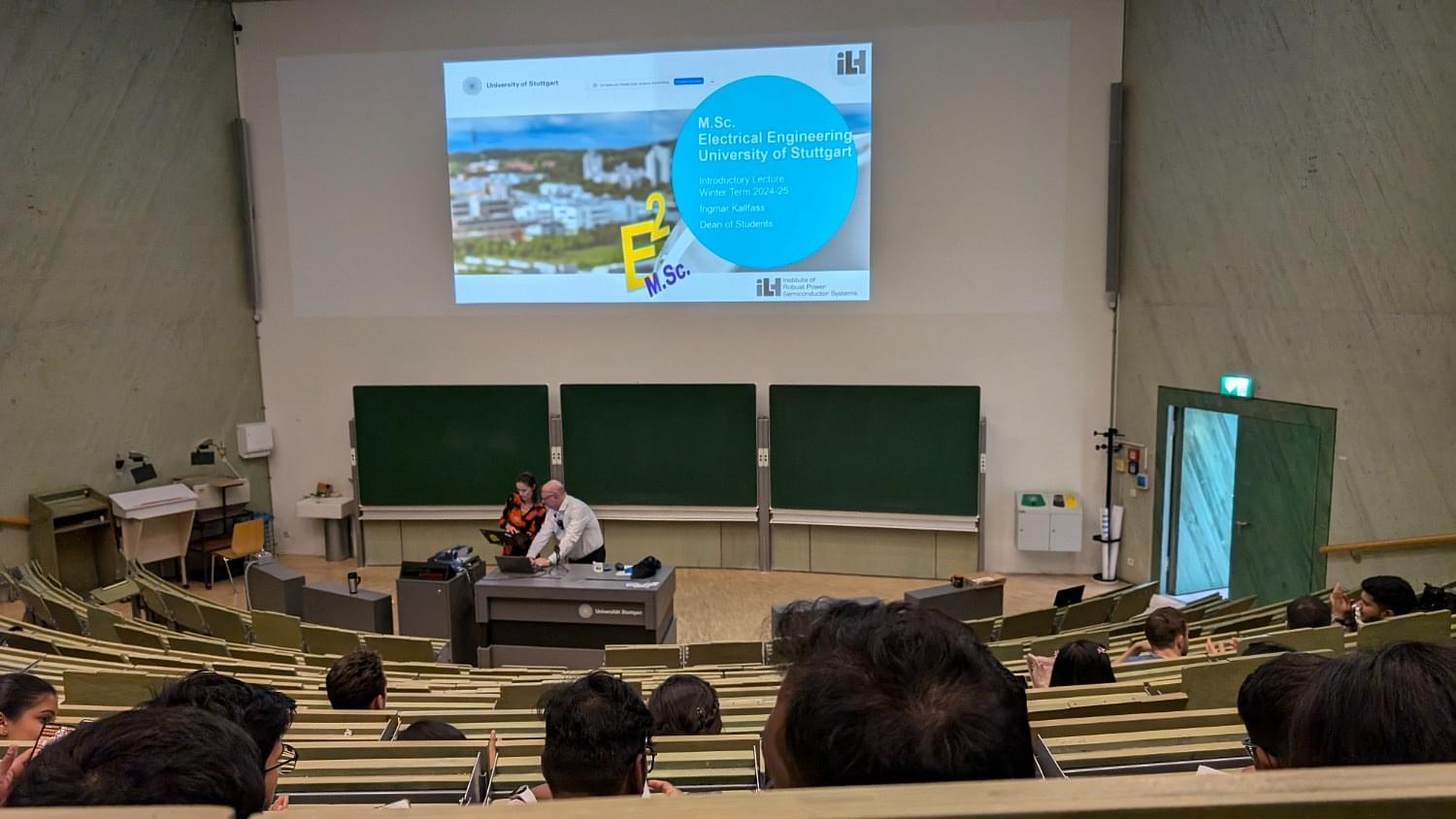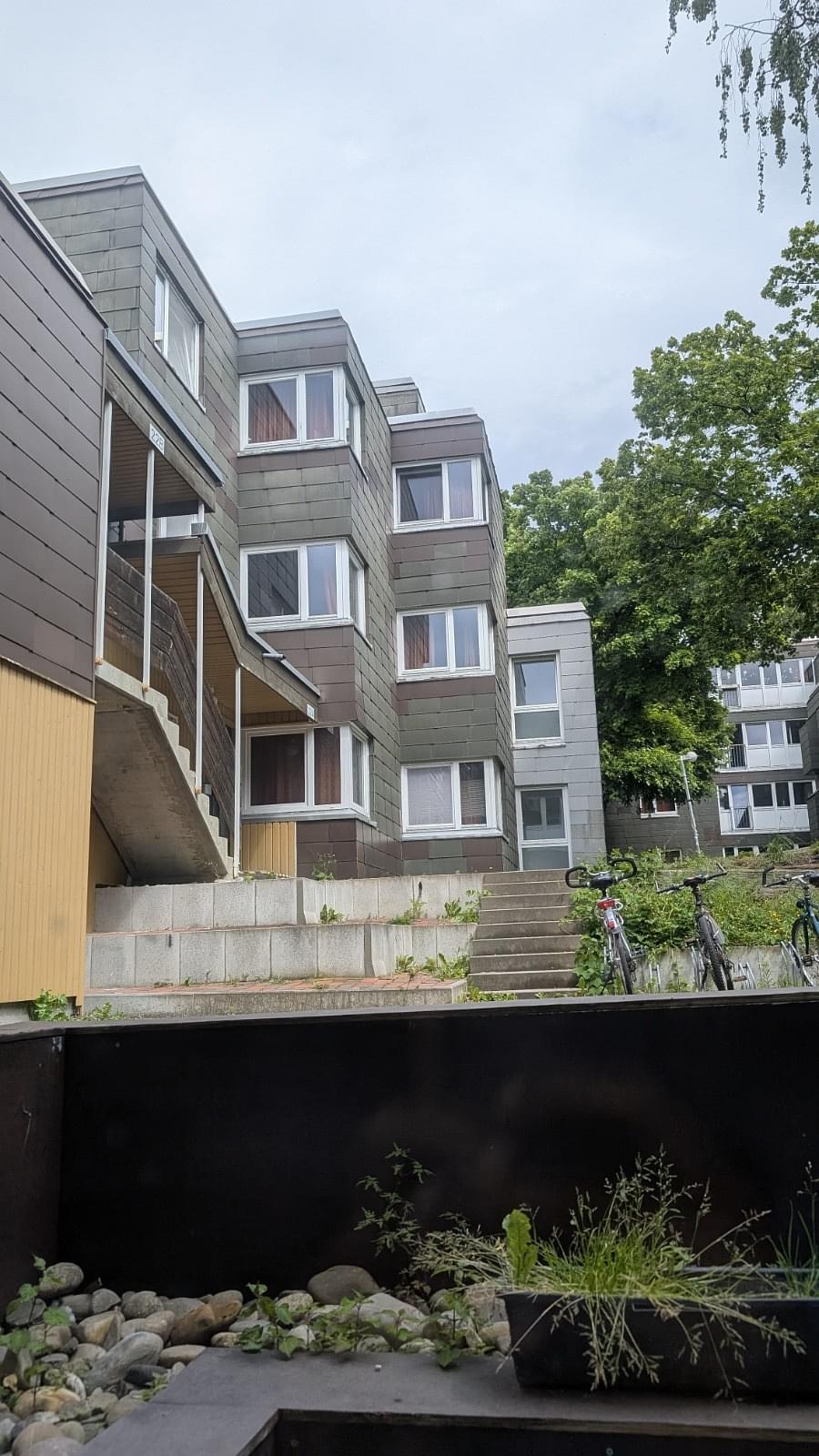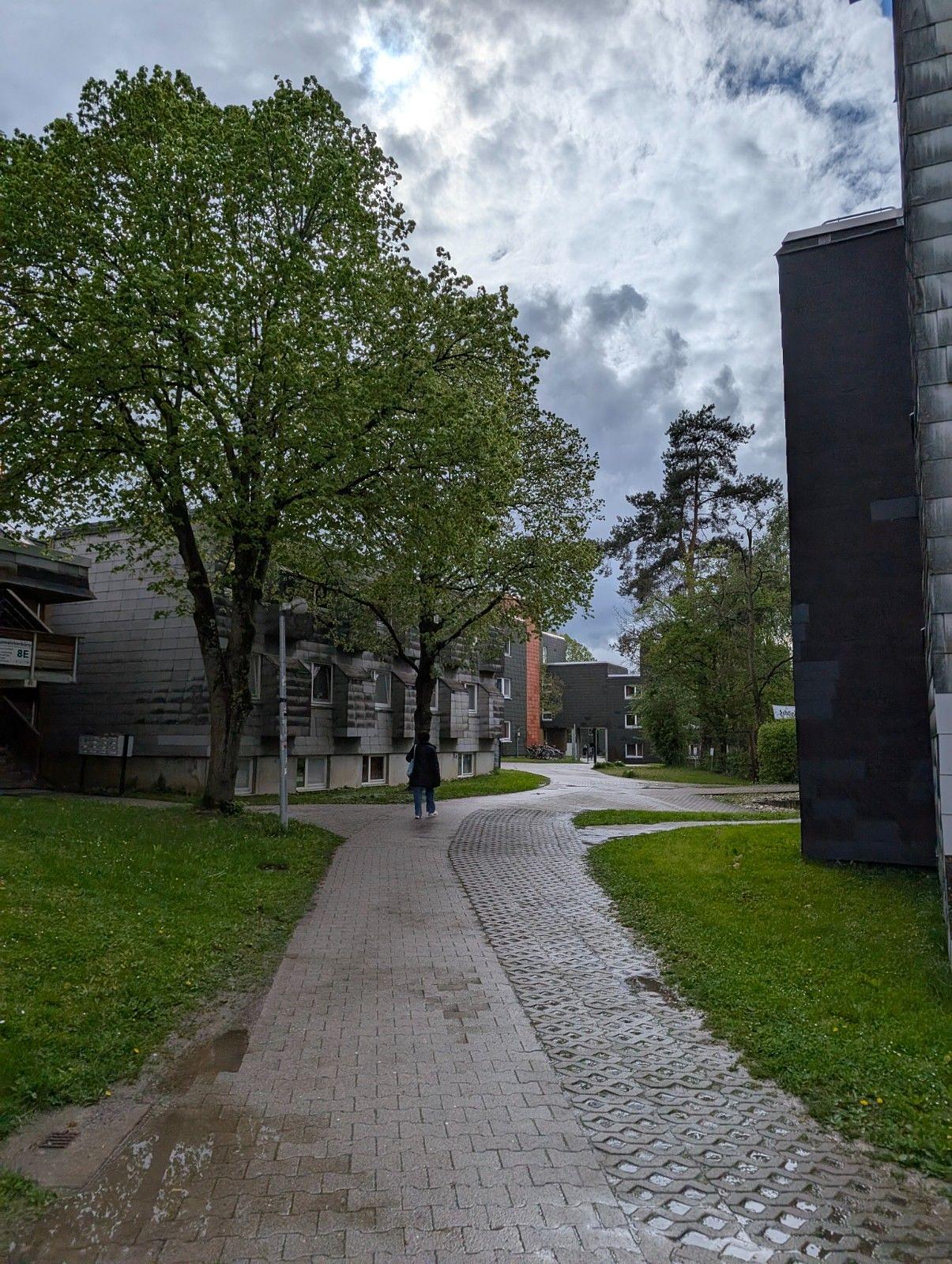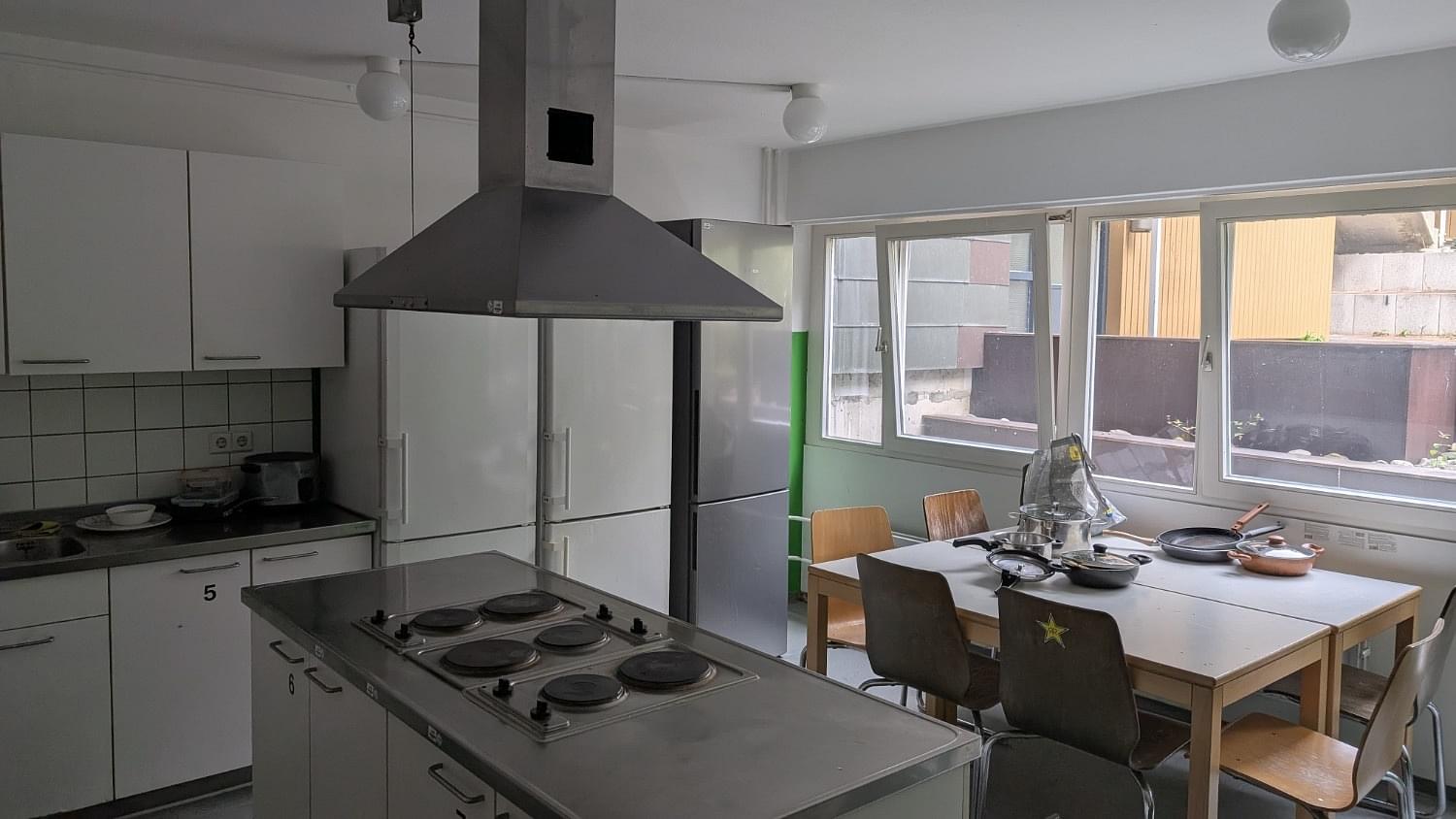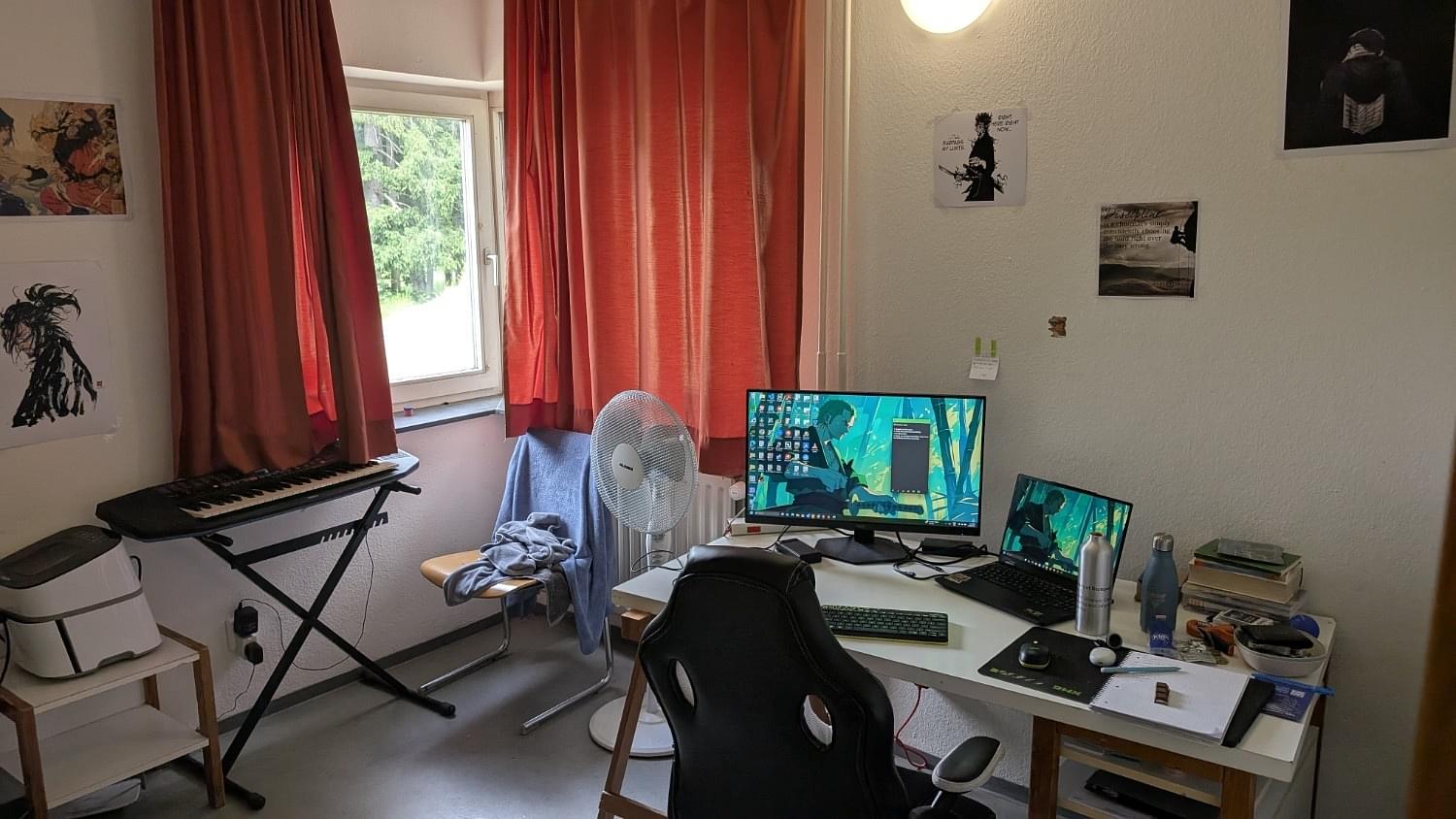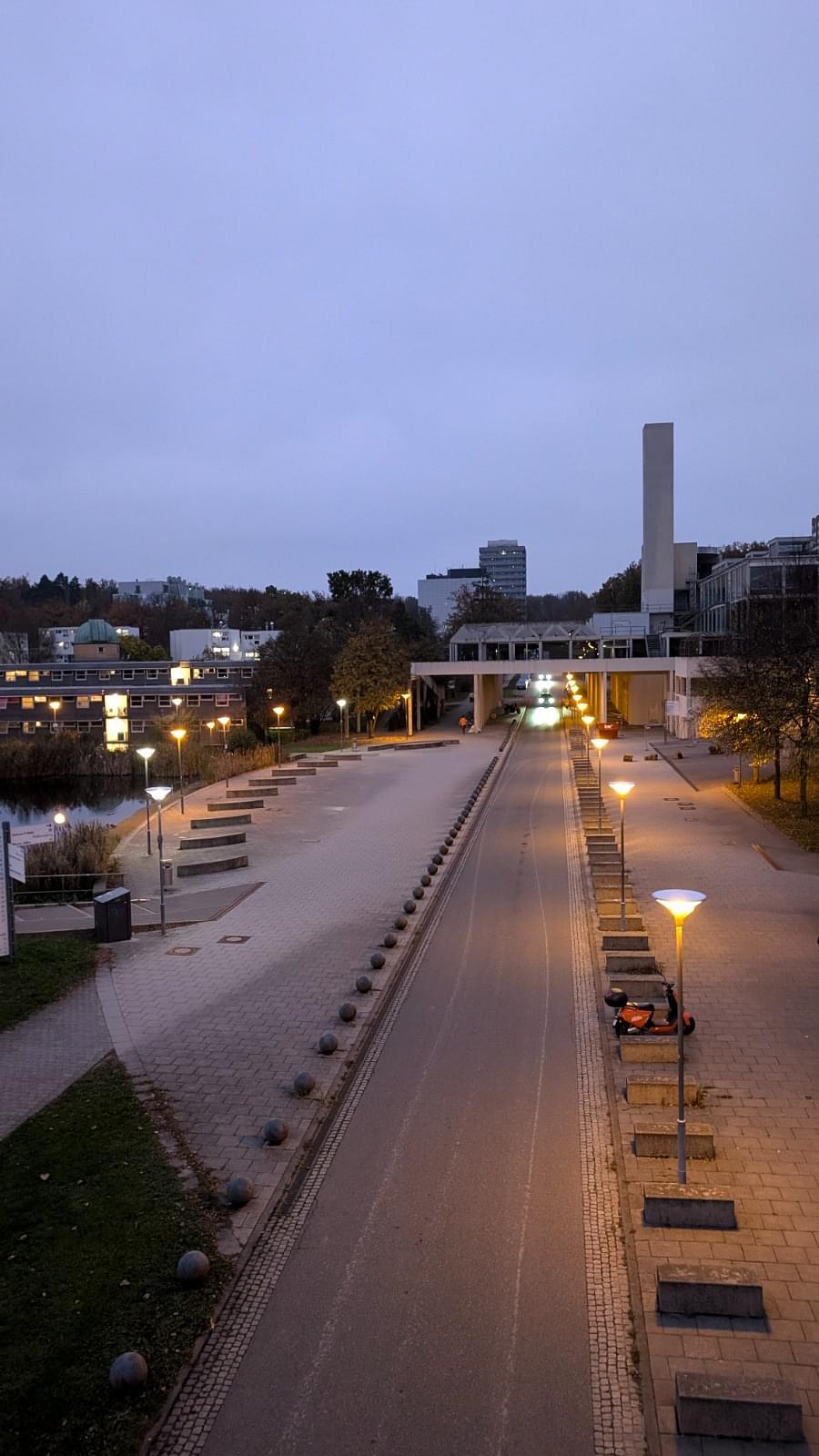What Students Say
Likes
- The University of Stuttgart has strong presence of International students making it culturally diverse and offers a chance to connect with students from other countries.
- The quality of education is very high and the teaching content is closely related to the skills required in the industry. Especially in Electrical Engineering there are many different majors to choose from targeting many sub-domains in Electrical field ranging from Power Electronics, Smart systems and Semiconductors etc.
- Many student activities and cultural events take place in the University which provides an opportunity to connect with others and network.
Dislikes
- Being in Stuttgart which is a developed city, the cost of rent and living is expensive compared to other German cities. This extends to facilities inside the University.
- Although you can find student jobs(HiWi) in the campus, they are not available for all the domains. It may take a long time to find a student job in most cases and the responses from Professors are delayed.
- The student dormitories are great but you have to share it with multiple people (ranging from 4 to 11 people) based on the rent price. Most of the dorms have a single shower and restrooms with 11 people sharing them.
Course Curriculum
- The courses from Electrical Engineering are a little difficult and it is a mix of both theoretical and Practical.
- The positive aspect is that the professors are very experienced researchers who are friendly and approachable. The negative aspect is that a student has to do the heavy lifting and put in most efforts. Also, the curriculum could be a bit more structured. A student is also only allowed to take 12 credits from other departments, which I feel is very few. For example, a student from Electrical Eng can take only 2 subjects from Computer Science.
Admission Experience
-
I have applied to four universities and received admission from three of them.
- TU Hamburg – Received admission in Microelectronics and Microsystems.
- Schmalkalden university of Applied Sciences—Received admission in Mechatronics and Robotics
- University of Siegen—Rejected for the Erasmus Masters in Embedded Systems. I have primary experience in VLSI and my coursework in bachelor's is also focused on VLSI. I believe this could be one of the reasons for my rejection, as they required exposure to Embedded systems and Robotics. I also feel that I did not make a strong application, as this was lower on my priority list.
- University of Stuttgart—Received admission in Electrical Engineering, which I'm currently pursuing.
- Got rejected for Computer Science as my profile did not match with the course requirements.
- I have chosen the University of Stuttgart because it has good master's programs and strong industrial connections. It also has strong international student support and getting a master's degree from this University is valued by top companies.
- The admission process was fairly simple. Applicants need to register in the CAMPUS portal and apply for their desired program in the same portal. The portal guides on all the application steps and the documents required. Once the application is done, the committee reviews your profile and communicates the result through email.
- The eligibility criteria for the English-speaking master's program are to have an IELTS score of at least 7 for confirmed admission. GRE and other scores are not required for STEM-related fields. You also require an APS certificate for the admission of international students.
- The overall admission process was simple and very fast. The admission results are generally announced around January for Winter Semester. This makes other processes, such as Visa, etc., much smoother.
- I have applied to Winter intake in October 2024. I started my application process around April 2023, when I received my APS certificate. The deadline for application is usually June-July 2023. It is best to apply for the APS certificate in advance; it's better to have it by March.
- The application results took around six months and the admission result was announced around January 2024. Once a candidate has gotten the admission, they have to complete the enrollment process in the CAMPUS portal by October/November. This can also be done once the candidate has arrived at the university.
Class Schedule
- The number of classes depends on the number of subjects the student has registered for for the semester. On the lower end, there could be one or none in a day and there could be 4 to 5 classes on a busy day. Each class is 1.5 hours in duration, with labs being for 3 hours.
- The average number of students depends on the particular subject but in general, 30 - 50 students are part of a class.
- The number of Indian students on the campus is very high and typically 20 students are part of a class. Again, it depends on the subject.
Faculty
- There is one Professor and two other assistants in a class of 50-60 students. I think this is a reasonable ratio to manage the lecture content and student doubts.
- The teaching methodology involves slide presentations mostly and use of the blackboard. The content is structured to take a student from a basic to an advanced level at the end of the semester. Whether it is sufficient for the job market depends on the nature and complexity of the field. But the curriculum gives a good start to entry-level jobs.
- Students can reach out to Faculty for HiWi(on campus) jobs as research or student assistants in the ongoing projects or research at the Professor's institute. Professors can refer the students for full-time jobs once a student completes their studies but it depends on the merit and the connection between them.
- I admire Prof. Dr Jens Anders from the Electrical Department. He teaches CMOS Analogue Integrated Circuits Development and other advanced courses in the same field. He is very experienced and knowledgeable. He keeps the class interactive and teaches using examples for better understanding of the concepts.
Campus Life
- The university has two campuses. One in Vaihingen and the other in City Center location. Most of the STEM programmes are located on the Vaihingen campus.
- The campus has a good library with sufficient places to sit and study. It also has sports facilities such as a track field and football, basketball, and volleyball courts. There is also a supermarket on the campus for groceries and a gym for workouts.
- The major festivals on the campus are Halloween, Christmas, Welcome party for freshers, and the Emotions party. Popular clubs include ESN Stuttgart which organises different events for students, such as Hiking, Trivia nights and food festivals. Oktoberfest and spring festivals are two major events that happen in Stuttgart, which takes place in the city centre. It offers many rides and exhibitions which display German culture. Many students visit these festivals and have a good time.
- There is a long list of sports courses which students can register for, such as Table Tennis, badminton, Basketball etc. IZ (international office) has a student organisation and helps students in settling down. It supports students in knowing the campus better and also around Stuttgart. Stuvus is another student organisation that organises different events and parties. There are many technical clubs, such as Rennteam, which develops an F1-based car to participate in Racing competitions and they hire students for part-time work. There are many similar clubs and teams.
Part Time Jobs
- It depends on the number of available positions for the TA/RA. The earlier the students apply for these, the earlier they can secure the job as many students compete.
- The payrange is between 14 to 16 Euros per hours and students are allowed to work 80 hours per month.
- Students can work part-time at different clubs, supermarkets , in library as an attendant. The hourly wage is between 13-15 Euros per hour
- Maximum 20-25 is allowed on Campus jobs. Students have to actively search and apply for these jobs to secure them. It is moderately difficult to secure a job due to competition.
- Students typically earn 15 Euros per hours on average. It is little difficult to secure part-time jobs as mentioned in my answer to previous question. Students can apply online in the career site or reach out to the Hiring manger directly or through email. A CV and cover letter are mandatory for most jobs, there will be an interview after the CV is shortlisted and pay details are discussed if considered for the role.
Placement
- Around 60% of people on average secure Full-time employment after graduation. Networking is crucial to landing full-time jobs. Many companies retain students from their Internship or working student contracts.
- Common places to apply for jobs are LinkedIn, Indeed, Stepstone, Xing and company career sites.
- I'm still in my second semester so I can't speak about my batchmates but I know some seniors who got full-time positions with the same company they did their internship with.
- Major companies are Mercedes, Bosch, Siemens, Fraunhofer etc.
Accommodation
- I have used the VSSW portal to apply for the accommodation. Students can also use the Studierendenwerk Stuttgart website for finding accommodation.
- The monthly rent for my accommodation is 350 Euros and a separate fee of 9 euros for wifi. the facilities include a private room with a shared kitchen and washrooms.
- The waiting list for accommodation is long and it takes a long time to get a dorm allocated. It's better to apply as early as possible.
- I would suggest students apply on both the VSSW and Studierendenwerk Stuttgart websites for accommodation. Apply for all the dorms initially; once you get allocated a dorm and if they don't find it to their liking, they can change the dorm after coming here. Also look for sublets from other students in case you don't find accommodation.
- My dormitory is inside the Campus and I just need to walk 5 minutes to get to the classrooms. Most Indian students stay in the dorms inside the campus, mainly in Allmandring.
Exams
- I only required IELTS for the Electrical Engineering master's. People from Management or Business courses may require GMAT or GRE exams but IELTS is sufficient for STEM fields.
- Documents
- Bachelor Transcripts
- Bachelor's Degree Certificate or Provisional Certificate
- Letter of recommendation (not mandatory)
- Motivation Letter
- Experience Certificates (Optional but improves chances of getting admission)
- APS Certificate
- IELTS Scorecard
- Other supporting documents as required
Fees
- The international students have to pay a tuition fee of 1500 Euros per semester along with Semester contribution of around 160 Euros. In total, students pay 1660 Euros per semester to the University.
- The rent for the student accommodation varies on the number of people sharing the dorm and where it is located. The rent is usually between 350 and 450 Euros which is paid monthly and a separate fee for Wi-Fi of around 9 euros per month.
- Monthly costs will be around 600-650 Euros including rent(350 Euros), health insurance debit (around 140 Euros), transportation(40 Euros for students), Groceries(around 80-100 Euros) and lifestyle costs.
Scholarship
- I have not received any scholarships but there are a few scholarships available from DAAD for specific courses. There is a Deutschland Stipendium Scholarship, which offers 300 Euros per semester to a student until their end of studies. The number of students receiving scholarships is very low and between 50-100 though I'm not exactly sure.
- There are some scholarships offered by private individuals and organizations to students with good academic records who are actively involved in Civil activities and political movements. These are offered on a case-by-case basis.


